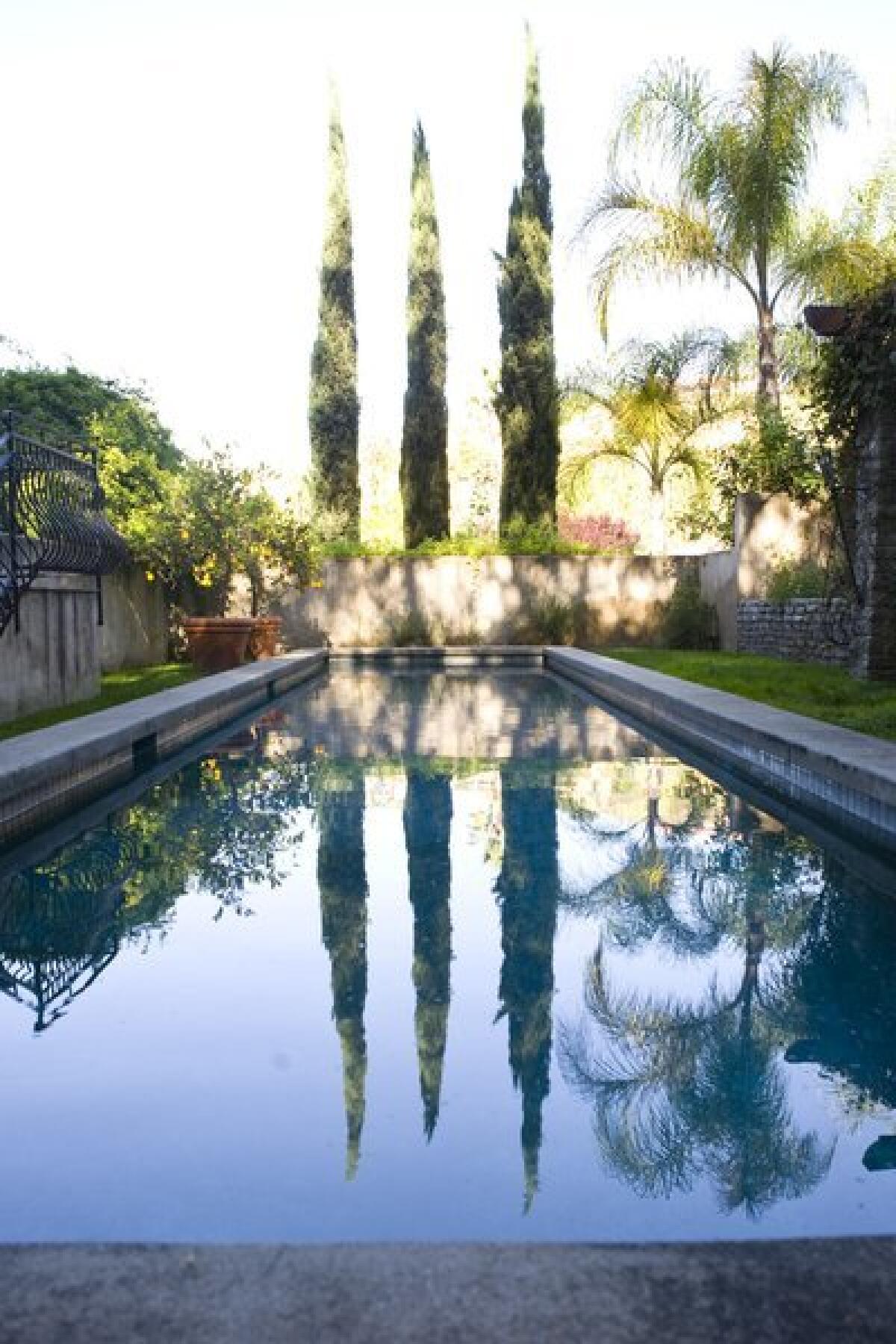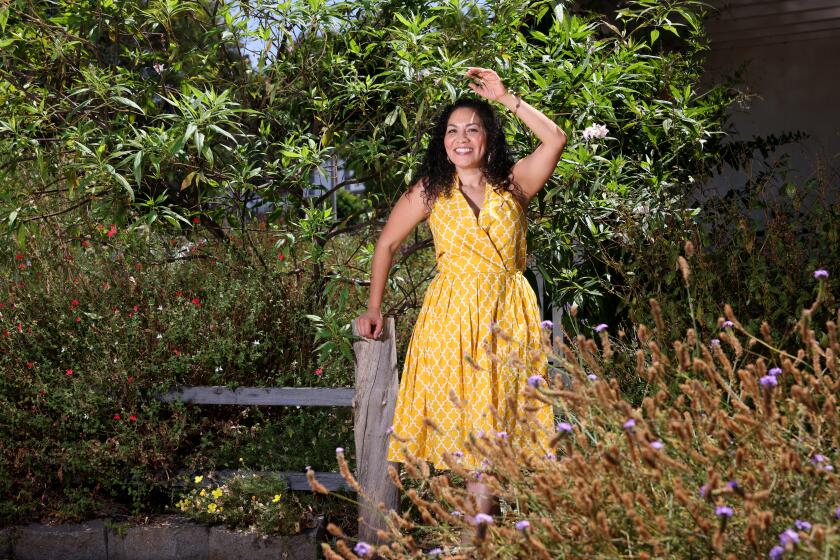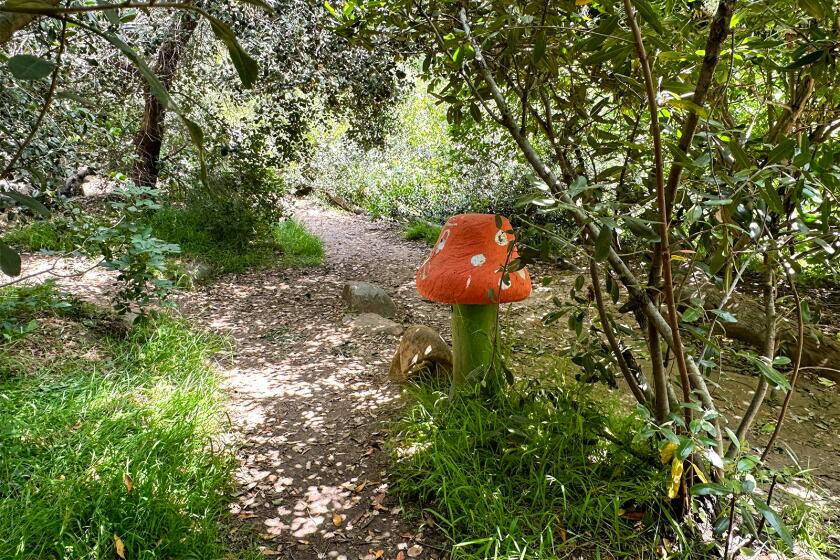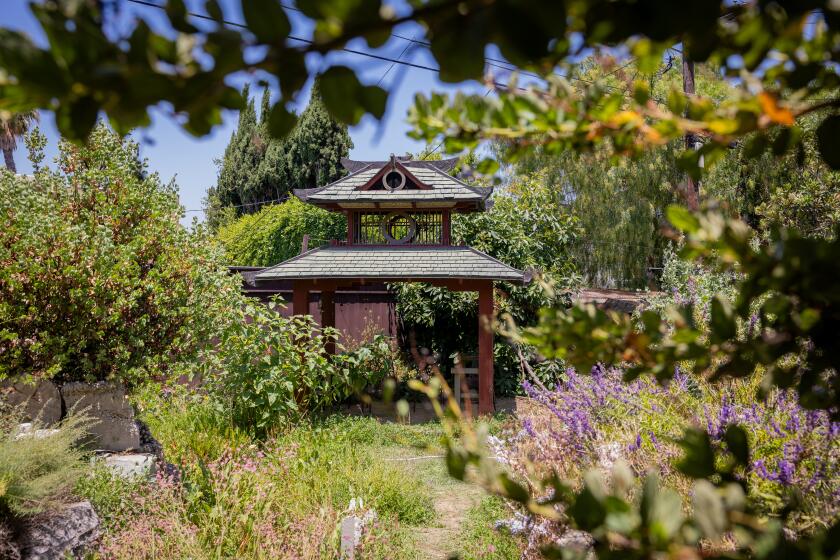Italian cypress trees: Why are they dying?

Italian cypress trees can be a reliable choice for gardeners looking to create a visual screen between properties. But what if the trees, which usually are easy to grow, start to die? Reader G. Genari sent this letter to our SoCal Garden Clinic:
Help a newcomer to the Antelope Valley! The home we’re in has a stately line of Italian cypress along our western wall, providing a nice screen from the neighboring property. The trees are 20 to 30 feet tall and seem to be doing nicely. They are probably 15 to 18 years old.
A newer stand of cypress along the eastern wall is another matter. Those trees vary in height and are probably less than 10 years old. Every year, two or three trees on this side die and we have tried to replace them. We are at a point where we are considering taking them all down on this side of the house.
Soil conditions and watering are identical. There doesn’t seem to be an insect infestation. The only discernible difference is that some of the western trees are shaded from the sun and blocked from the wind, whereas the eastern trees are exposed to sun and wind.
Any ideas for us?
For an answer we turned to Alan Uchida, nurseryman at Bellefontaine Nursery in Pasadena, who writes:
The difference in the hours of sunlight could be the problem. Another factor: Good drainage is essential to the roots of all cypress trees, which are Mediterranean plants. Overwatering or irregular watering in clay soils will cause rot.
Italian cypress need less watering as they become older because their roots can reach deeper and wider. Perhaps the roots of your western trees are somewhat constrained? A lot can be discovered by examining the roots, if that’s possible.
We welcome questions at home@latimes.com. Please put “Garden Clinic” in the subject field. Because of the high volume of mail we receive, we can respond only to select questions.



